
You wake up at night to pee, but not to poop
The sophisticated, intelligent neurons in your gut that control colon contractions, which push out waste, are also influenced by your body’s circadian rhythm, the internal clock that wakes you when it’s light out and makes you feel sleepy at night, says Pankaj J. Pasricha, MD, director of neurogastroenterology at Johns Hopkins Center for Neurogastroenterology. So most people don’t have the urge to empty their colon in the middle of the night. On the other hand, the bladder, which acts a reservoir for the continuous flow of urine produced in the kidneys, can stretch only up to a certain volume before you gotta go. Normally, you can sleep six to eight hours without having to urinate, but certain medical conditions or drinking too much water before bed can wake you to use the bathroom at night.
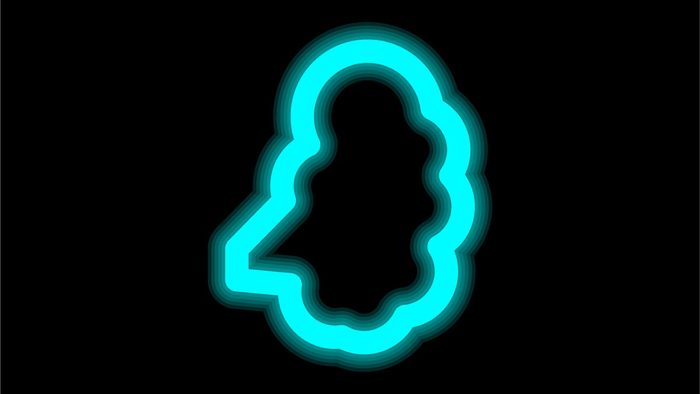
You’re extra gassy first thing in the morning
The colon is fairly dormant during the middle of the night, but it gets revved up and starts contracting when you wake up, sweeping out the gas that’s been trapped there all night. “The highest volume and longest emission of the day is usually in the morning when the colon wakes up,” says gastroenterologist Anish Sheth, MD, author of What’s Your Poo Telling You?.
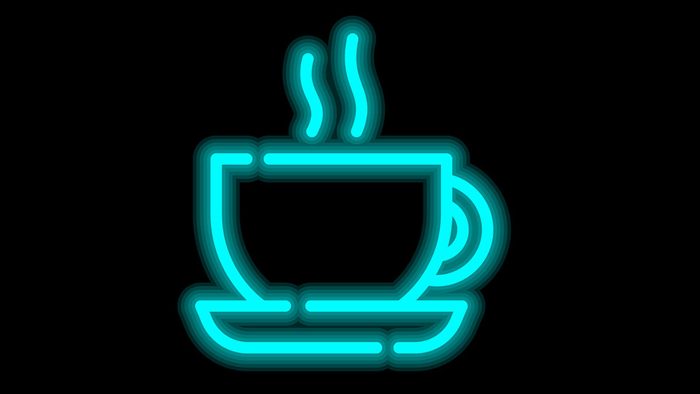
Drinking coffee gives you the urge to go
It’s not just you: Some 30 per cent of people feel the urge to have a bowel movement after their morning java. Don’t blame the caffeine, says the Washington Post. According to the paper, scientists have observed – through some very invasive studies! – that coffee stimulates the distal colon, which speeds up waste removal, so to speak. Coffee’s acidity may be a factor. Its chlorogenic acid causes the stomach to produce more gastric acid, which could cause the stomach to get rid of its contents more quickly than normal.
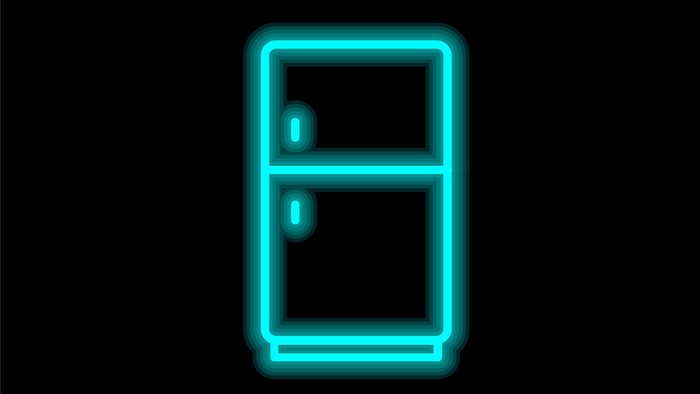
Pooping sometimes gives you the chills
Dr. Sheth calls the feel-good sensation “poo-phoria.” It occurs when your bowel movement stimulates the vagus nerve, which runs from the brainstem to the colon, reports Outside magazine. When the vagus nerve is stimulated, it can cause sweating and chills, as well as a drop in blood pressure and heart rate. It takes a large amount of poop to trigger poo-phoria, which is why it might not occur every time you head to the john.
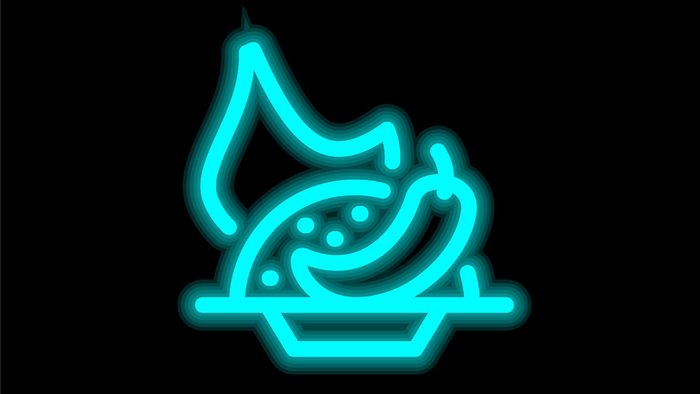
Eating spicy food makes it hurt to go #2
The compounds that give those buffalo wings their heat remain relatively unchanged as you digest them, so they make their way into your poop. “Since the last part of your anal region—your rectum and anus—is lined by cells similar to those in your mouth, spicy foods can burn just as much on the way out as on the way in,” Luigi Basso, MD, a specialist in coloproctology and laparoscopic surgery at Sapienza University of Rome in Italy, told Men’s Health.

You’re on vacation and haven’t pooped in days
Almost 40 per cent of people get constipated when they travel, and it’s mainly due to changes in what they eat, according to Connecticut-based gastroenterologist Ed Levine, MD. Different meal times, a shifted sleeping schedule, or jet lag can throw off your body’s circadian rhythm and affect your digestive process.
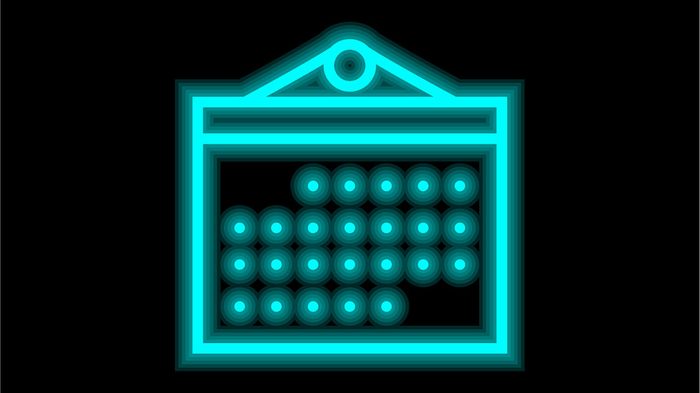
You have to poop more when you get your period
When your period begins, your body releases hormones called prostaglandins, which help your uterus contract – and can also affect your bowels, according to Women’s Health. “Prostaglandins have an effect on smooth muscle, and the bowel is actually a smooth muscle,” Jennifer Gunter, MD, an ob-gyn in San Francisco, told the magazine.
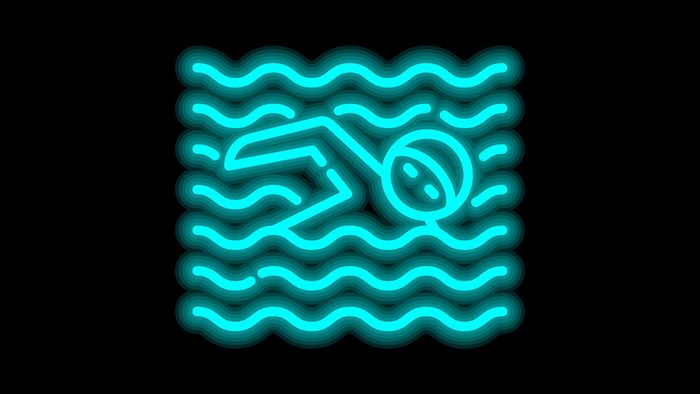
Your poop refuses to sink
You should hear a splash as your bowel movement hits the bowl. Poops that float may contain fat, which can be a sign your body is having problems absorbing nutrients from food, according to EverydayHealth.com. Malabsorption is linked with conditions like celiac disease or chronic pancreatitis.
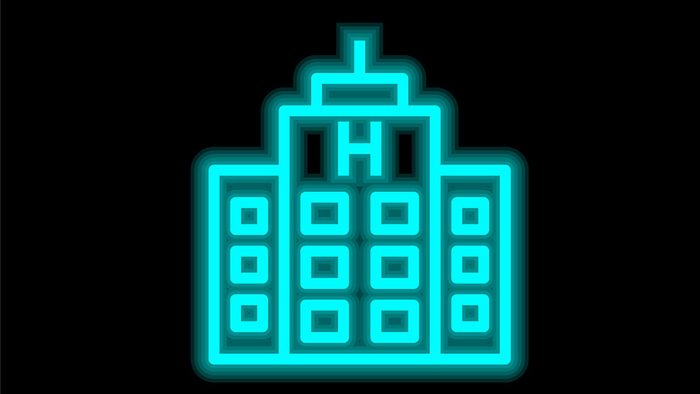
Surgery can squelch your BMs
Medications given at the time of surgery, pain relievers afterward, and inactivity that occurs during recovery can be a constipation trifecta. “The first thing for anyone who is undergoing surgery is to start taking stool softeners two days prior to their surgery,” Richard C. Selenick, MD, wrote in his blog on HuffingtonPost.com. “Insist on stool softeners immediately after surgery and if you are in the hospital for a few days, don’t be afraid to ask for a suppository in order to have a bowel movement before you go home,” he adds.
